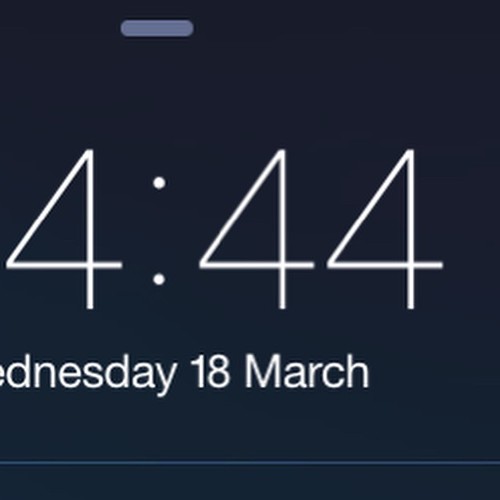Have you ever been in a situation where someone asked you a question and you felt compelled to come up with an answer, any answer, just to avoid saying, “I don’t know”? We’ve all been there. But, let’s get one thing straight: saying “I don’t know” is not a sign of ignorance; it’s actually a mark of honesty and can be a surprisingly smart move. It shows you’re open to finding out more and not just settling for half-baked truths.
Why We Avoid “I Don’t Know”
It’s interesting to see how society has somewhat stigmatized the phrase “I don’t know.” From a young age, we’re conditioned to have all the answers at our fingertips, thanks to the rise of instant information technology. In school, not knowing an answer is often marked with a red X. So, it’s no surprise that this fear of being wrong follows us into adulthood. But here’s a thought: could admitting when you don’t know something actually be a sign of greater intellectual integrity and maturity? I think so!
In our professional lives, especially, there’s immense pressure to be the expert, to always have the answers. This can lead to stress and, ironically, less effective decision-making. Imagine a workplace where “I don’t know, but I’ll find out,” is just as acceptable as having an immediate answer. It could transform our work environments into spaces where learning and inquiry are part of the culture, not just performance metrics.
The Psychology of “I Don’t Know”
Admitting you don’t know something actually requires a high level of self-awareness—a trait that’s closely linked to overall competence. Psychologists talk about the Dunning-Kruger effect, where people with less knowledge tend to overestimate their own skills, while those with more expertise understand the limits of what they know. Saying “I don’t know” might just mean you’re wise enough to recognize your boundaries and eager to expand them.
Here’s something I’ve noticed: when you’re comfortable admitting gaps in your knowledge, you’re also more open to learning. This not only helps you grow personally but encourages those around you to adopt a similar learning attitude. It fosters an environment where people can freely ask questions and seek answers, enhancing collective knowledge and adaptability.
Intellectual Honesty and Growth
Intellectual honesty is crucial for personal and professional growth. By admitting what you don’t know, you’re setting the stage for learning and discovery. This approach can lead to more thorough understanding and innovation. It’s about being honest with yourself and others, and it’s a foundational step towards becoming a lifelong learner.
Think about the last time someone admitted they didn’t know something to you. Did you think less of them, or did you appreciate their honesty? More often than not, it’s the latter. When leaders and peers are open about what they don’t know, it creates a ripple effect, encouraging everyone to admit their vulnerabilities, which in turn builds a stronger, more cohesive team dynamic.

The Role of Curiosity and Inquiry
When you say “I don’t know,” it often opens the door to inquiry. It’s like flipping a switch that lights up the curiosity in the room. Everyone becomes a participant in the journey of finding the answer, rather than just passive recipients of pre-digested facts. This can lead to more engaging and enriching conversations, whether you’re at a conference table or around the dinner table.
Let’s face it, the most interesting people are those who ask questions—lots of them. They dig deeper, challenge assumptions, and seek out new knowledge. By starting from a place of “I don’t know,” you’re actually more likely to arrive at a deeper understanding than if you pretend to know all the answers. This approach doesn’t just apply to trivia; it’s fundamental in complex decision-making and creative thinking.
Professional Integrity and Trust
In any professional setting, trust is the cornerstone of effective teamwork and leadership. When you can admit your limitations, it shows you’re trustworthy and grounded in reality. This honesty not only makes you more approachable but also more respected. It’s refreshing to work with someone who can admit they don’t have all the answers, as it often leads to a more open and collaborative workplace.
You might worry that saying “I don’t know” could undermine your credibility. However, the opposite is often true. People can generally sense when someone is bluffing, and pretending to know everything can actually damage your reputation. Authenticity in admitting what you don’t know not only protects your credibility but enhances it, setting a powerful example for others to follow.
Embracing the phrase “I don’t know” is more than just an admission of ignorance—it’s a declaration of your commitment to honesty, learning, and integrity. It’s a practice that invites curiosity, encourages education, and builds trust. So, the next time you find yourself unsure about something, remember that these three little words might be the most intelligent answer you can give.
















